With his electoral victory in 2022 Gustavo Petro promised a new future for Colombia, one without the persistent threat of guerilla and drug trafficking violence, namely through his Total Peace plan. The plan would have seen the various guerilla organizations commit to dialogue with the central government, namely the National Liberation Army (ELN) and dissident splinter factions of the Revolutionary Armed Forces of Colombia (FARC) - which agreed to demobilize in 2016. Petro also aimed to persuade the Gulf Clan, often referred to as the Gaitanistas (AGC), to come to the negotiating table. However, with less than one year remaining in Petro’s presidency violence still persists around the country including the recent assassination attempt of 2026 presidential candidate Miguel Uribe Turbay making it unlikely that total peace will come to Colombia within the foreseeable future.
Petro's ambitious plan to put the country on the path toward peace initially gained some success. In 2023 the FARC Central General Staff (EMC) dissident structure agreed to a six-month bilateral ceasefire with Petro's government which would be extended one time. In May of 2023 it was alleged that members of the EMC had attacked and killed 4 indigenous villagers in Putumayo province. This led to the government suspending the ceasefire with several of the EMCs units in Caqueta, Putumayo, Guaviare, and Meta provinces while still holding the ceasefire with other units. By 2024, the ceasefire with the EMC was completely abandoned due to consistent ceasefire violations and the targeting of civilians. In June of 2024 it was announced that the second largest FARC dissident group, Segunda Marquetalia, agreed to enter into negotiations with the government meeting for a round of discussions in Caracas, Venezuela. But like the EMC the Segunda Marquetalia has itself split leading to the Colombian government only continuing peace negotiations with portion of the nearly 1,700 strong dissident group.
The ELN is the largest remaining Marxist-Leninist guerilla group operating in Colombia, primarily due to the FARCs demobilization in 2016. Like the FARC dissident structures, negotiations with the ELN met initial success, with the "Comuneros del Sur" front operating in the province of Narino splitting from the ELN and announcing in April of 2025 that they would disarm and demobilize. ELN negotiations have since collapsed after ceasefire violations were alleged by both the government and the ELN. The ELN has been in and out of peace negotiations since the early 1990s, often being accused of accepting ceasefires to only deepen their illicit financing in the territories the group controls as well as to regroup and rearm its fighting units which are organized as "War Fronts". From 2017-2018 a ceasefire was declared, around the same time of the FARCs demobilization under former president Ivan Duque. However on January 17, 2019 a car bomb exploded at a police academy in Bogota, leading to 9 deaths and over 50 injuries as well as reports of apartment windows blown out several blocks away from the blast. The attack was attributed to the ELN leading Duque to immediately end all talks with the guerilla group.
In November of 2022 Petro's government re-engaged with the ELN leadership initially signing successive 6 month bilateral ceasefires while negotiations continued. On September 18th, 2o24 homemade "rockets" were fired at a military base in Aracua province killing 2 soldiers and injuring a further 21 leading to Petro immediately suspending peace talks and cancelling the ceasefire with the ELN. The Colombian Armed Forces claimed that rockets were fired from the back of a trailer truck, most likely referring to the large and crude mortar used by both the FARC and ELN known as "Tatucos" which fire propane tanks filled with explosives and shrapnel. It is alleged that the Tatucos are based on the IRA Mark 18 "bunker buster" homemade mortar. In January, fighting erupted between the FARC-EMCs "Frente 33" and the ELNs northeastern war front led to the death of over 120 people including guerilla fighters, military personnel, and civilians. 53,000 civilians were also forced to flee the conflict zone. This led Petro's government to suspend peace talks with the ELN once again and reactivate arrest warrants for the groups 31 commanders and leadership structure, which likely means that Petro will not see a resumption of peace talks with the ELN prior to the 2026 presidential elections.
Negotiations with right-wing paramilitaries has been even more difficult for the Colombian government, particularly due to the fact that many of these groups are deeply involved in international drug smuggling which cannot be forgiven like the overtly political nature of the leftist guerilla organizations (who themselves are involved in coca cultivation on a local scale), especially because many of its leaders are wanted by the United States and INTERPOL on drug trafficking charges. The largest of these groups, the AGC, began negotiations with Petro's government after having declared a unilateral ceasefire in 2023, however negotiations ended due to an accusation that the AGC was inciting violence. In June and July of 2024 the AGC once again came to the negotiating table through the "socio-legal dialogue space", a first step in which the government gauges a militant groups willingness to truly demobilize and lay down its arms. However, thus far negotiations have not advanced with the Colombian Armed Forces continuing to target the AGCs leadership. The AGC in response has adopted the "Plan Pistola" reminiscent of Pablo Escobar's Medellin Cartel, in which lower ranking members are encouraged to kill police officers in exchange for bounties. Over 30 police officers and military personnel have been killed since March due to the new scheme. In recent days the Colombian air force has begun to increase its bombing of AGC infrastructure and fighters with over 30 killed, symbolizing the failure of Petro's Total Peace plan.
On June 7th a teen gunman shot Colombian Senator Miguel Uribe Turbay in the head during a campaign rally for the Democratic Center party, a conservative political party founded in 2014 due to the governments negotiations with the FARC at the time. Although he still remains in critical condition, polls indicate Uribe is still the front-runner in the upcoming 2026 presidential elections, signalling that the public is tired of the failed negotiations of Petro's total peace plan and demonstrates that the country is moving once again in a conservative direction. This is despite the fact that Petro's predecessor, the conservative Ivan Duque, had over a 70% disapproval rating moving into the 2022 elections. Although the government has yet to release what group was behind the attack, many in the government believe that it was indeed politically motivated, most likely either being the work of the Segunda Marquetalia (SM) or the Central General Staff (EMC) FARC dissident structures or a joint attack coordinated between FARC dissidents and the AGC paramilitary. This means that not only is the public fed up with the direction of the Total Peace plan but that Petro's government failed to curb violence in any material way, and instead has allowed armed groups to deepen their parallel governmental structures in the rural swathes of Colombia during intermittent ceasefires with the government.



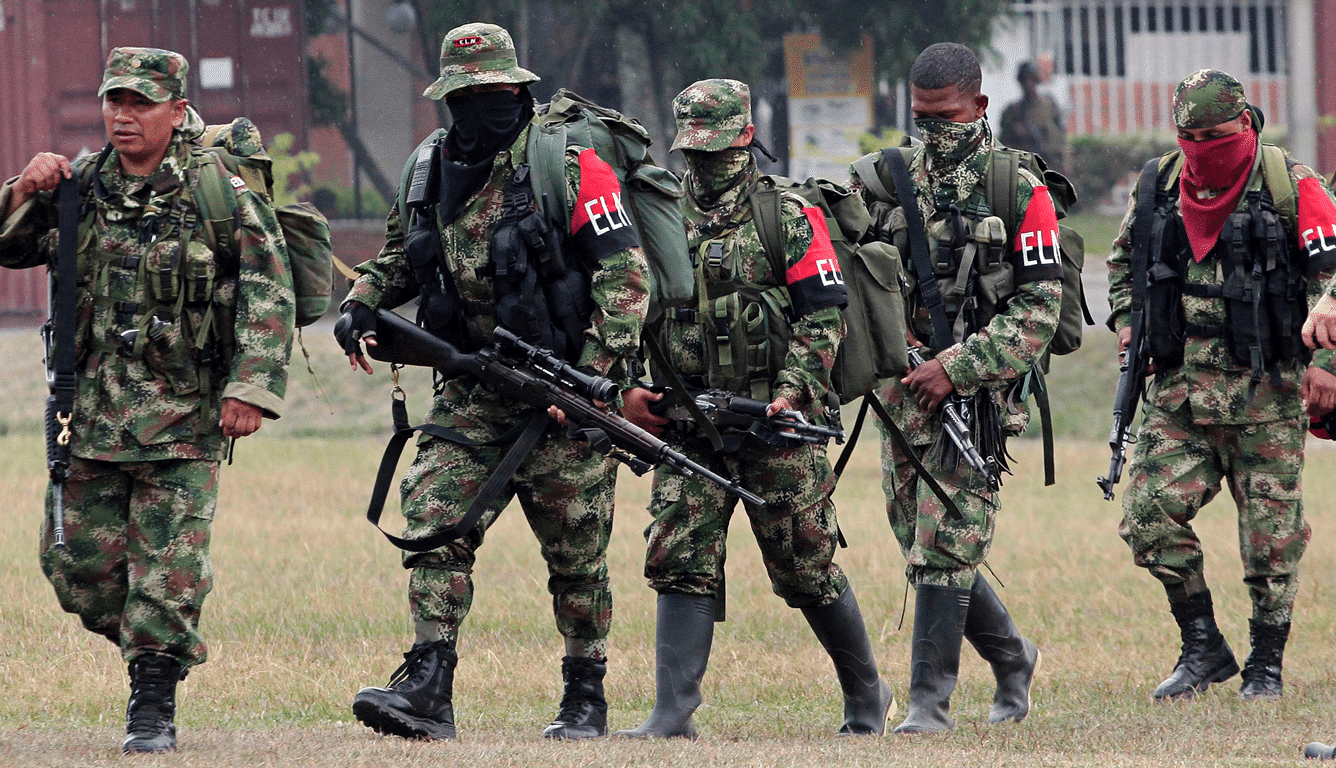
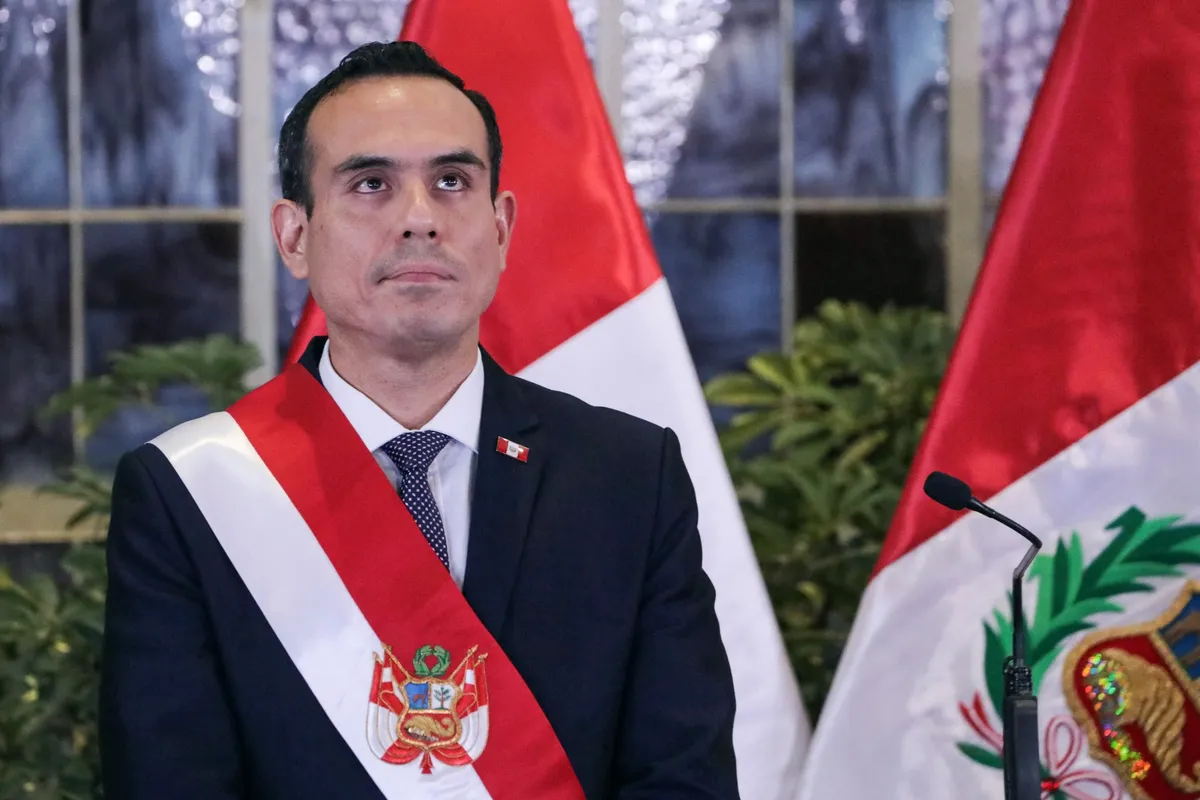
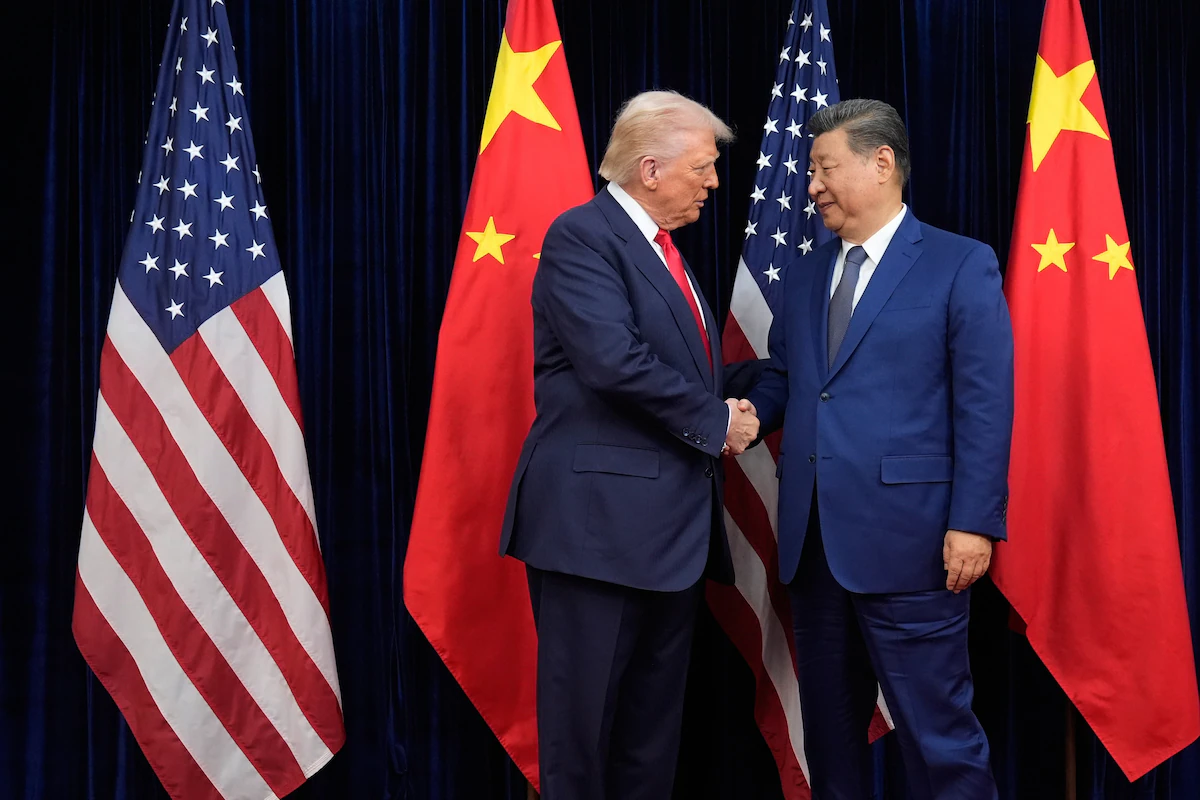
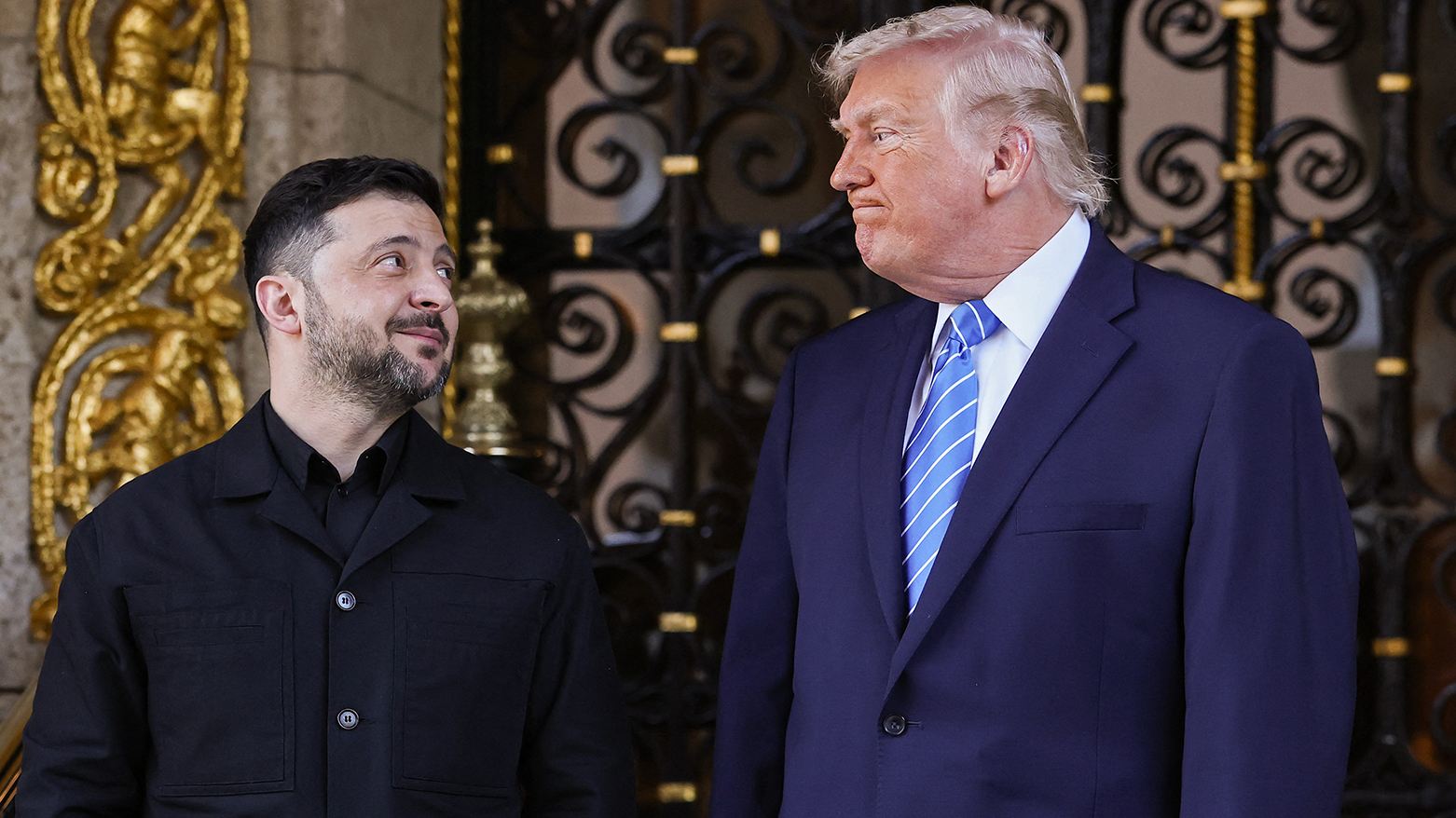
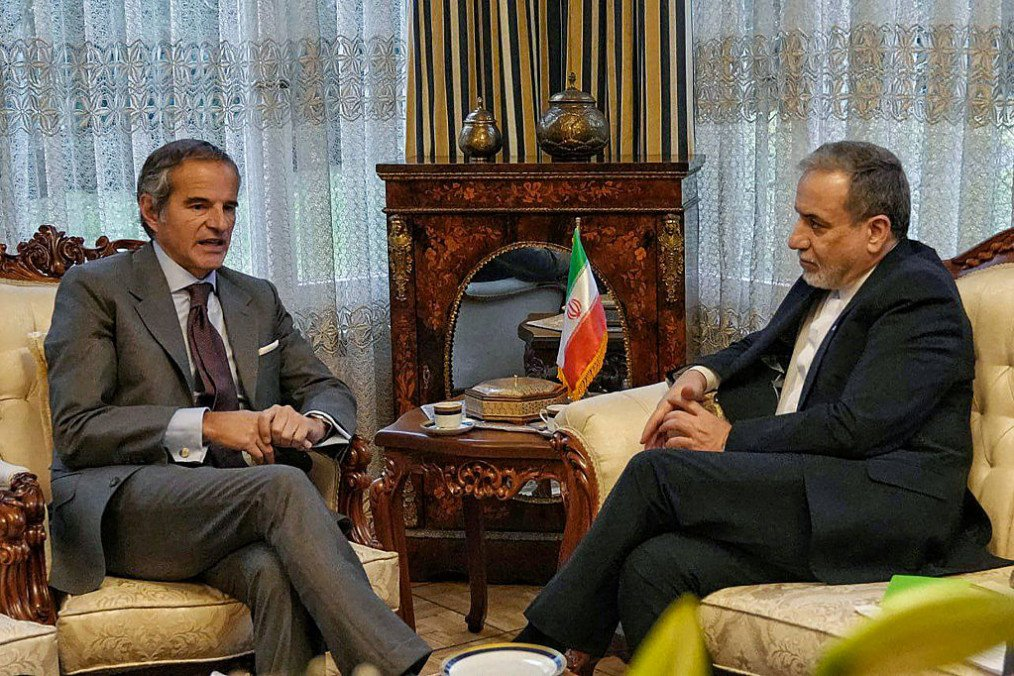
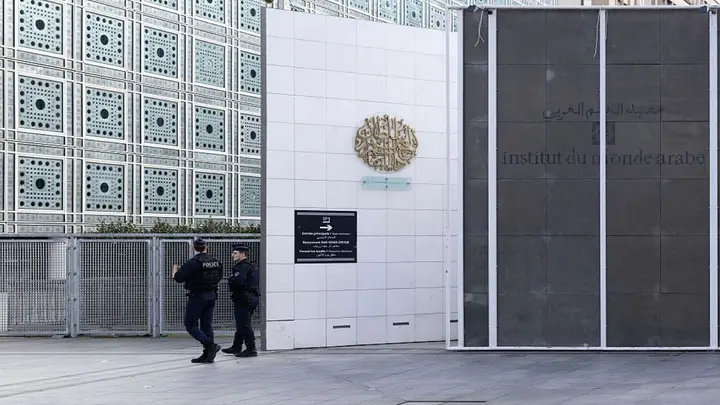
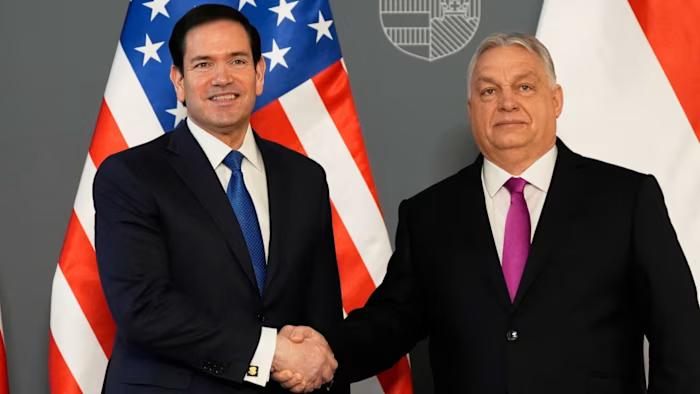
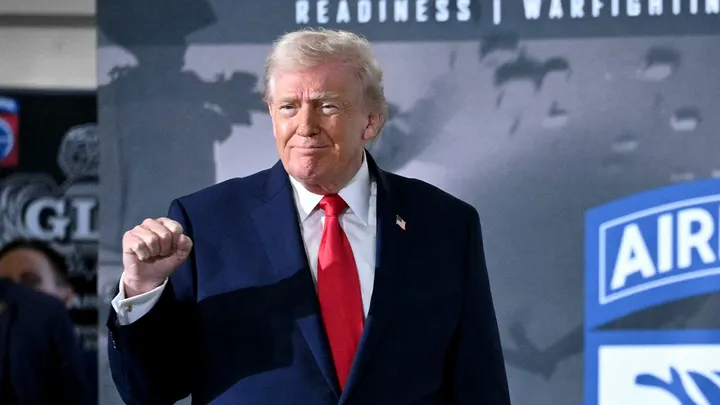
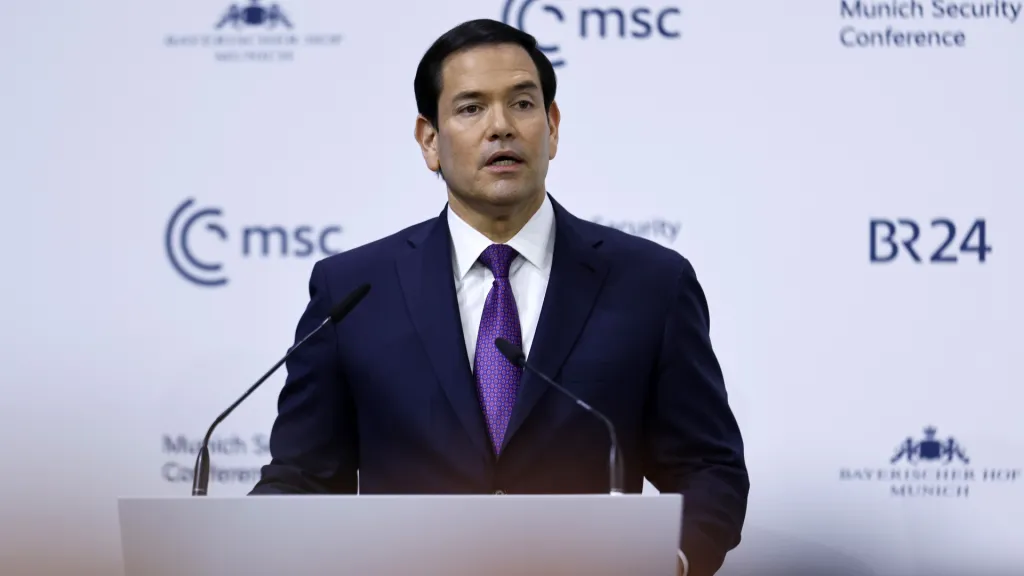
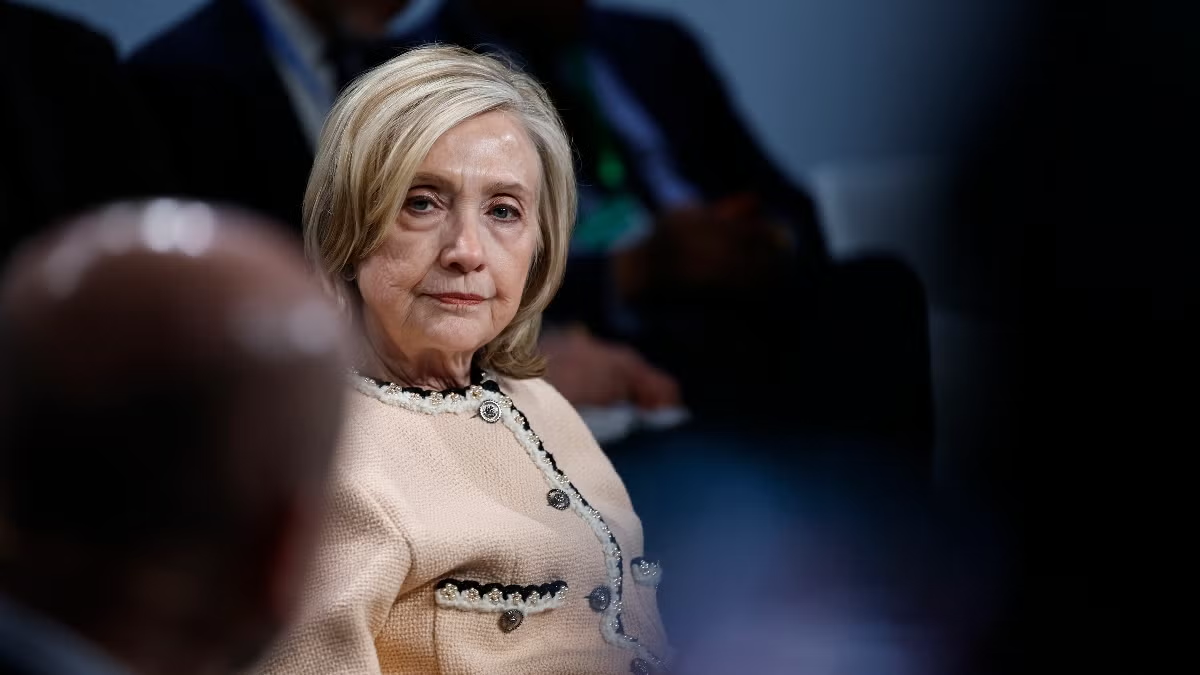

Discussion